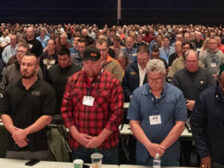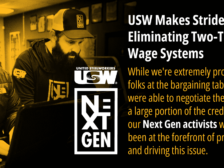FROM USW@WORK: Union Members Serve Up Pyrex Glassware
Glass
Featured News
The USW and the Glass Sector
USW members have a long, proud legacy of glassmaking, supported by a number of key mergers throughout the union’s history. Now, the 25,000 USW members are involved in every aspect of the glassmaking process, from melting and molding on the “hot end” to packaging and warehousing on the “cold end.” From beverage bottles to pharma-packaging, cookware to fiberoptic cables, USW members manufacture a wide array of goods that keep us safe, strong and connected.
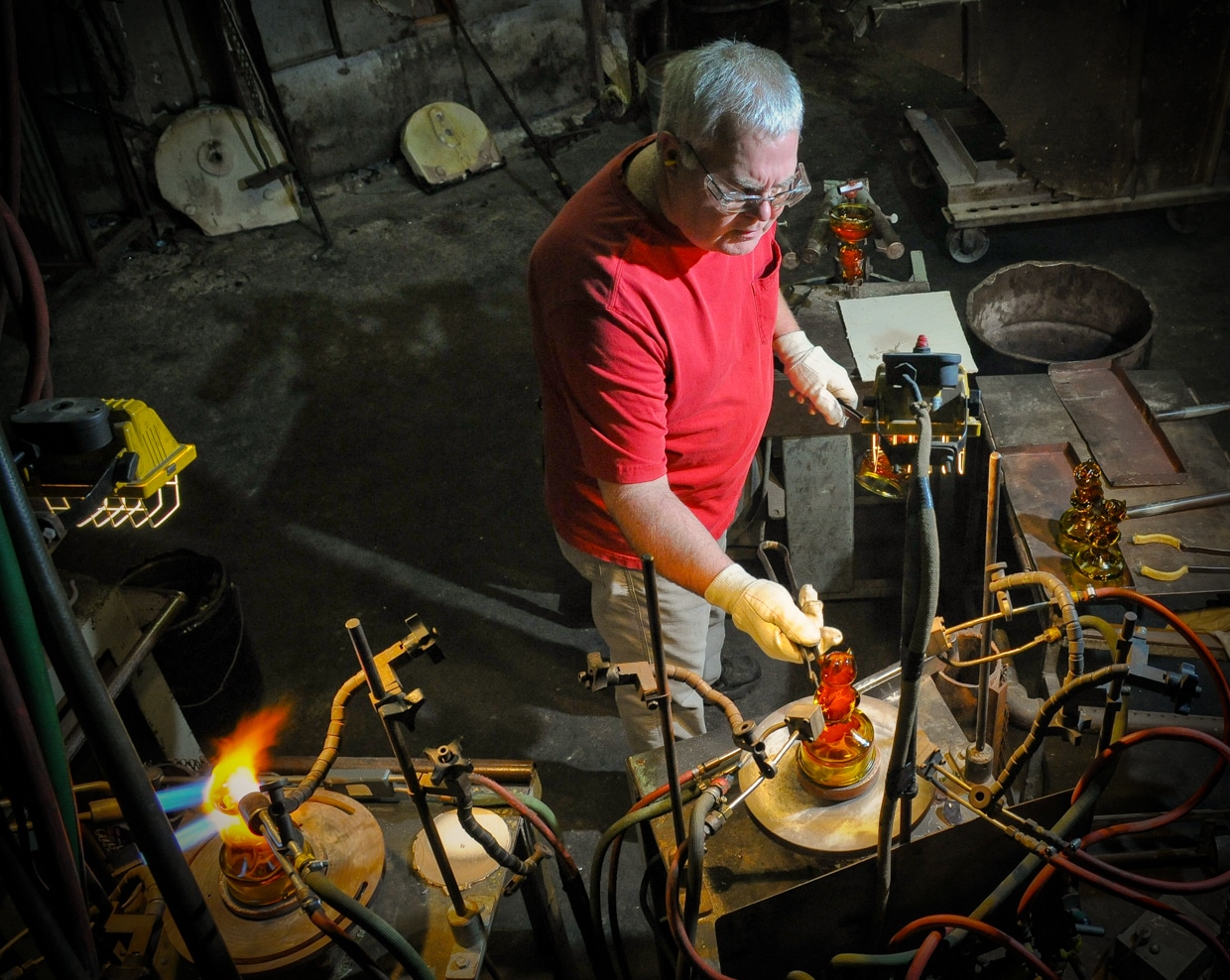
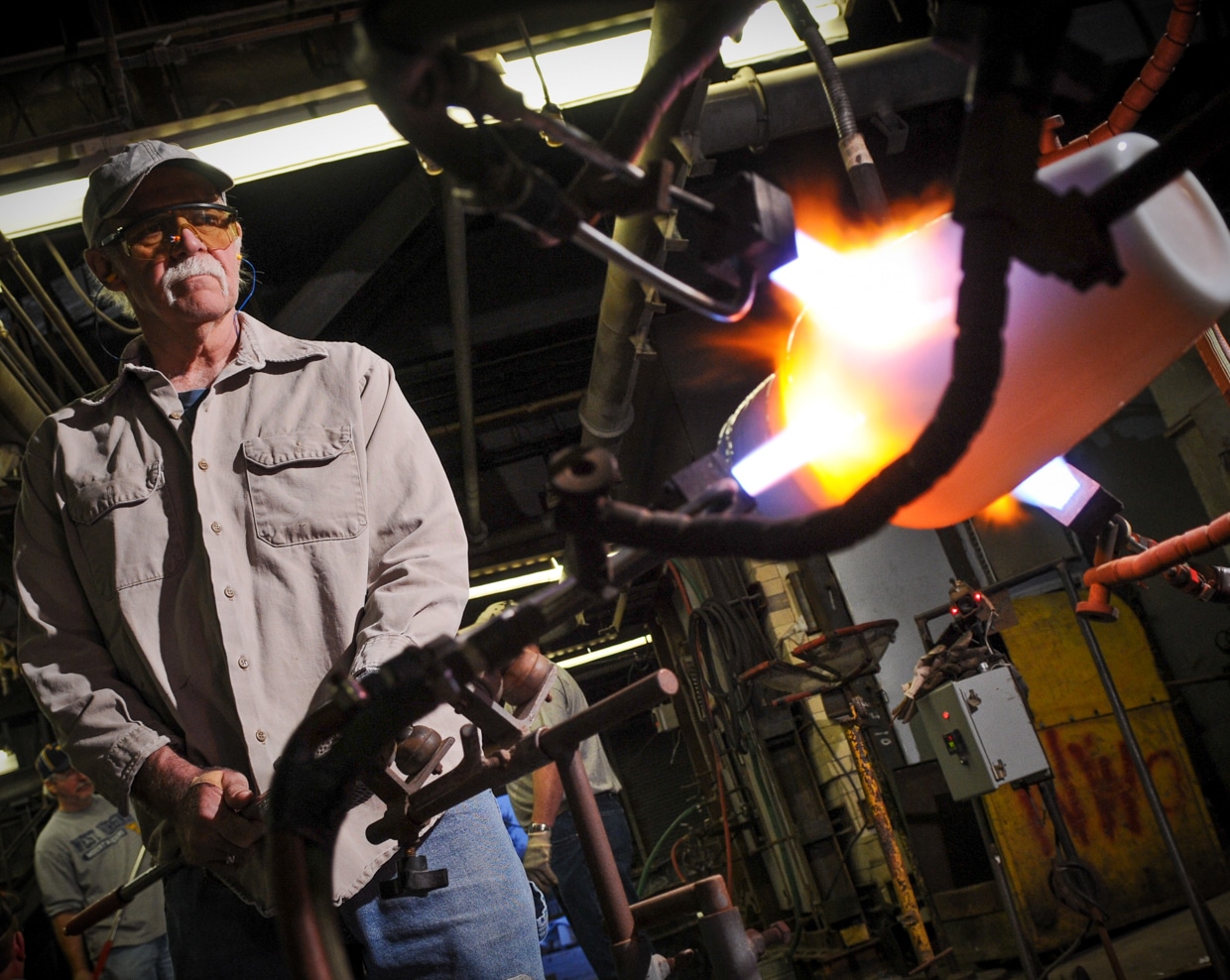
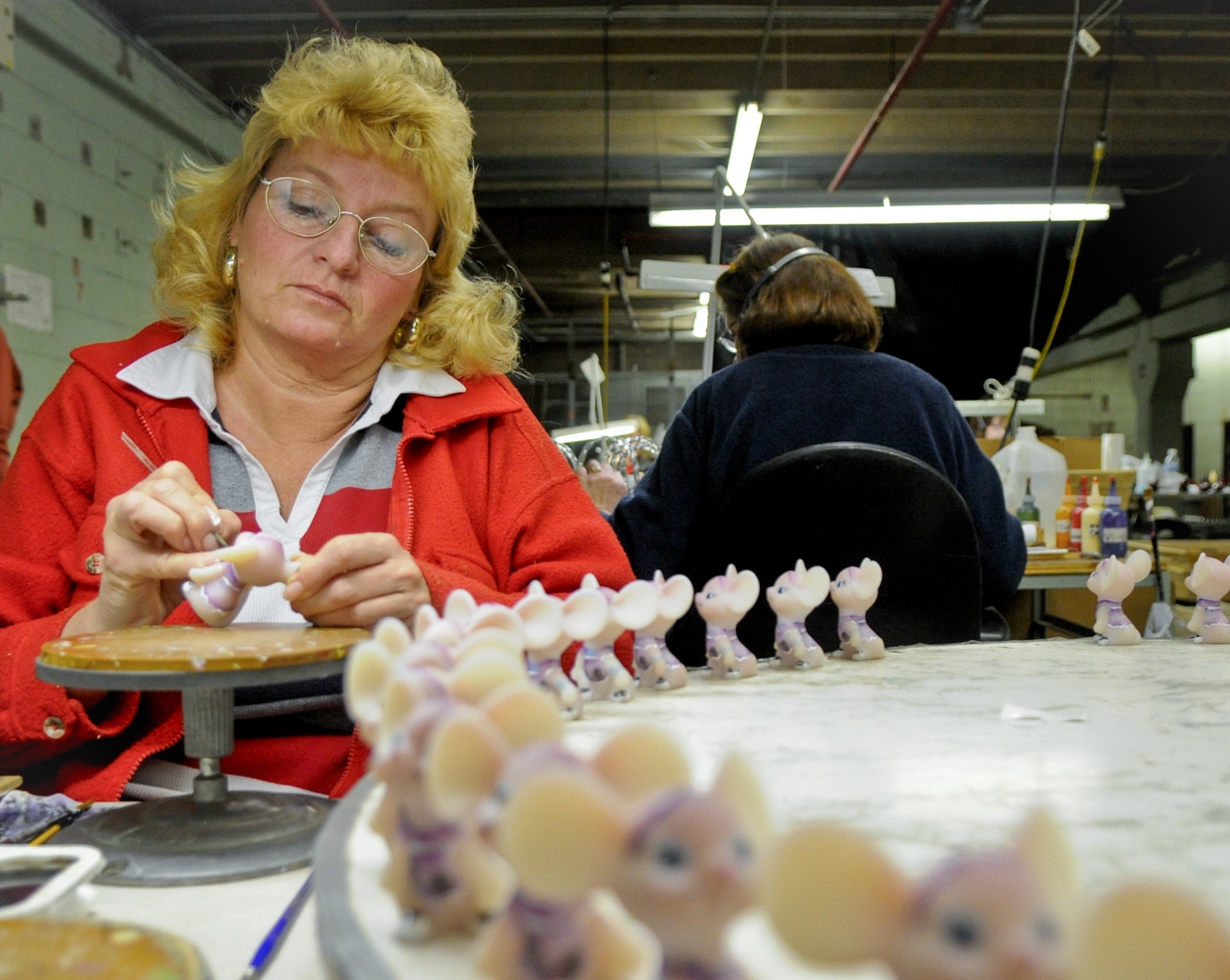
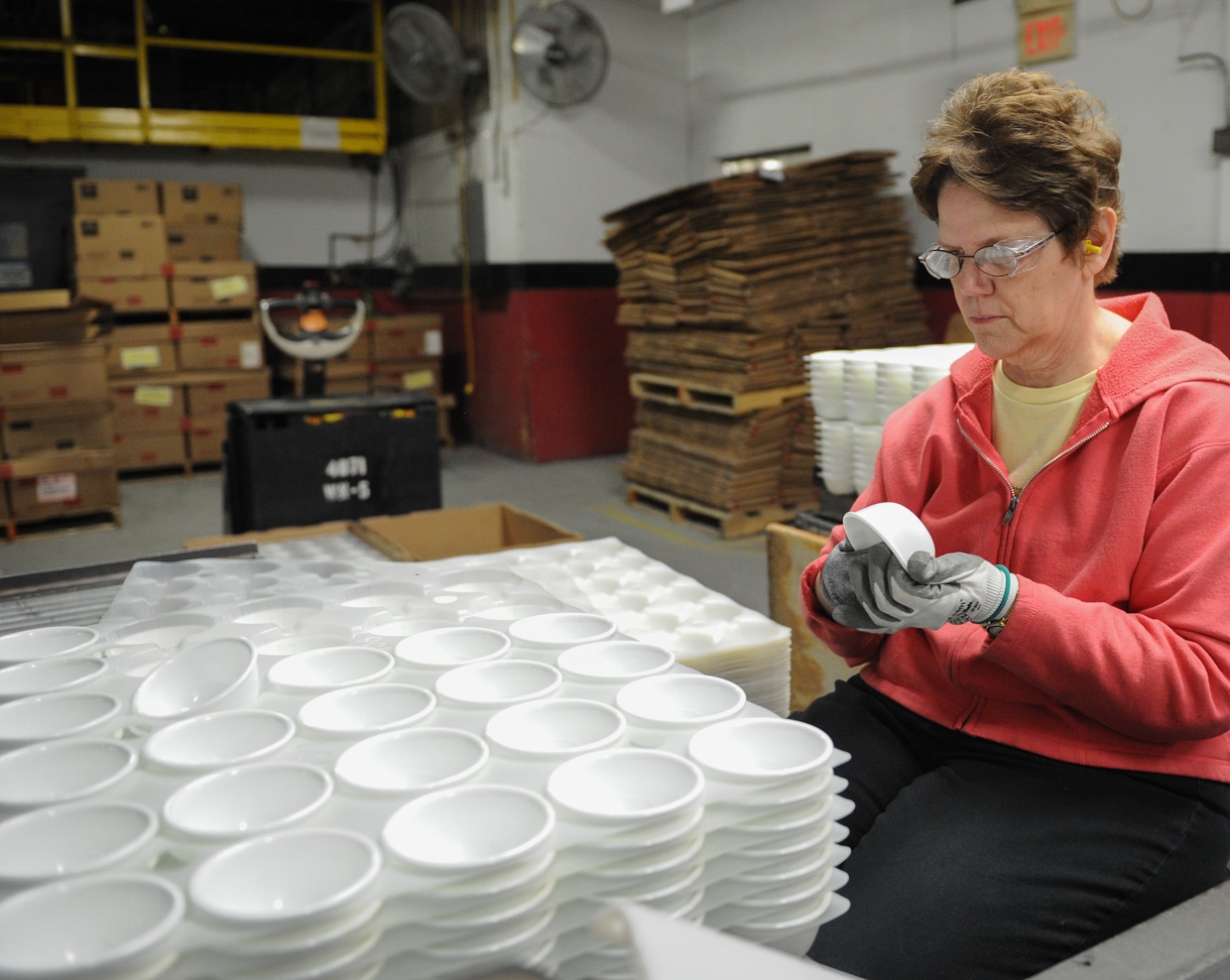
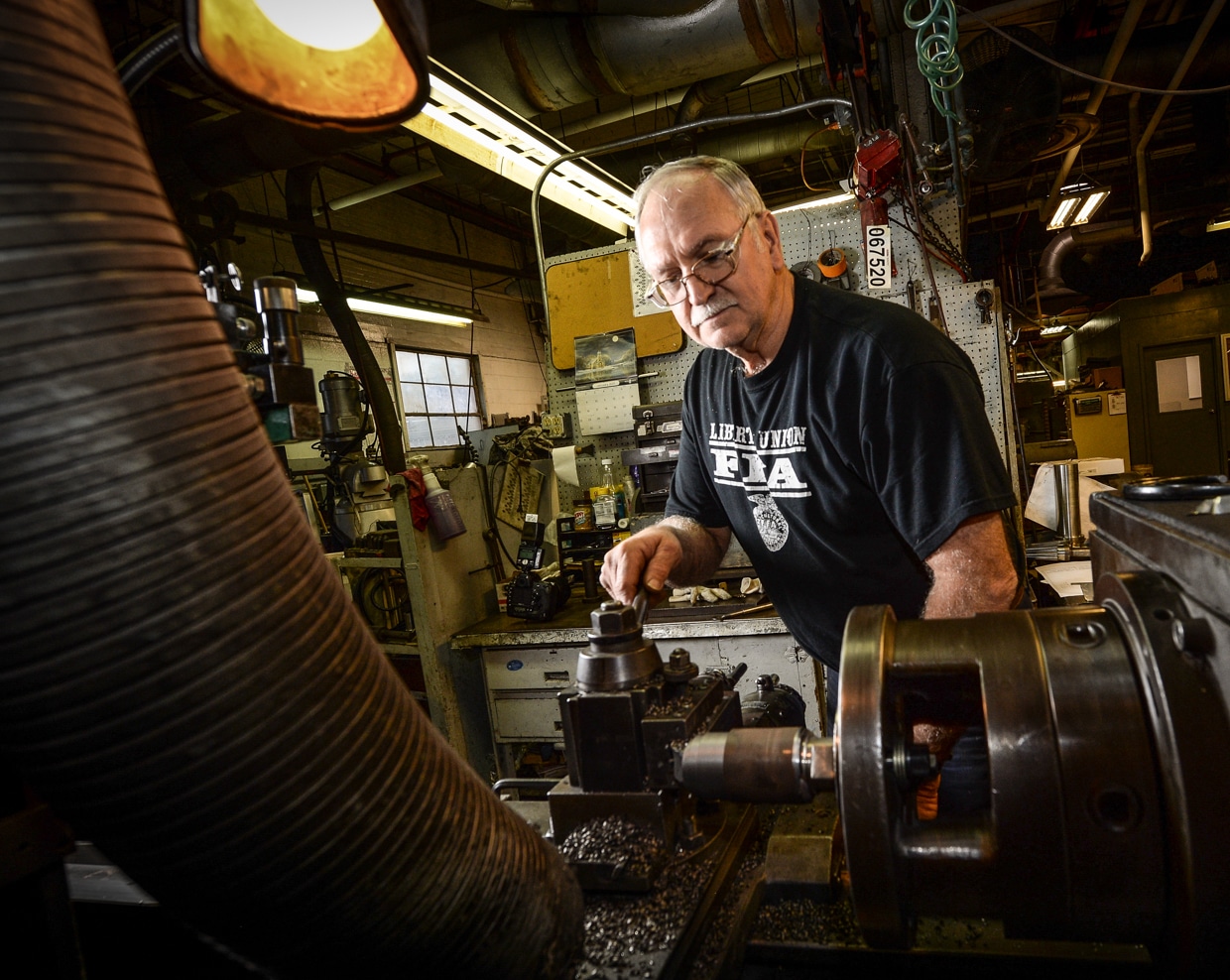
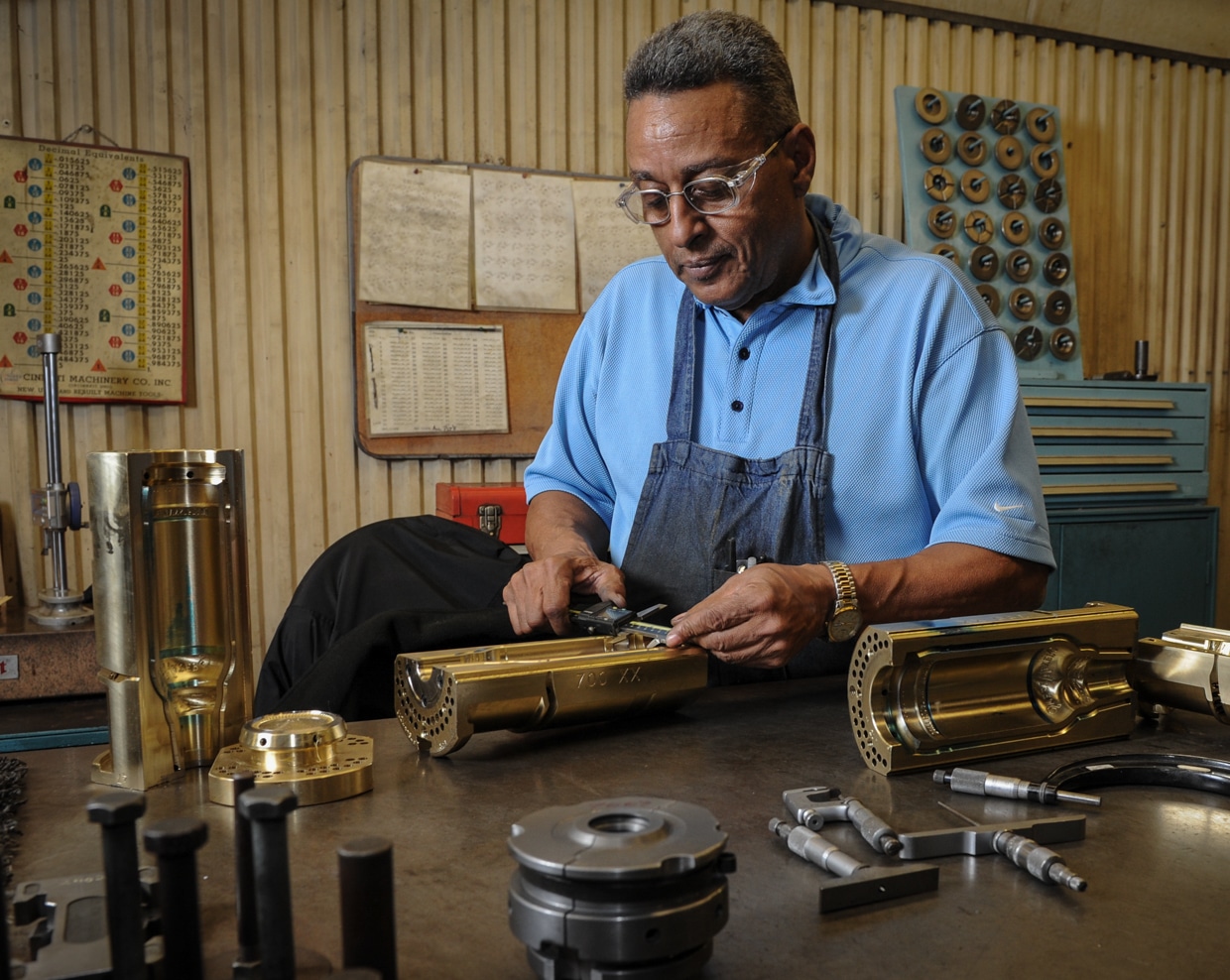
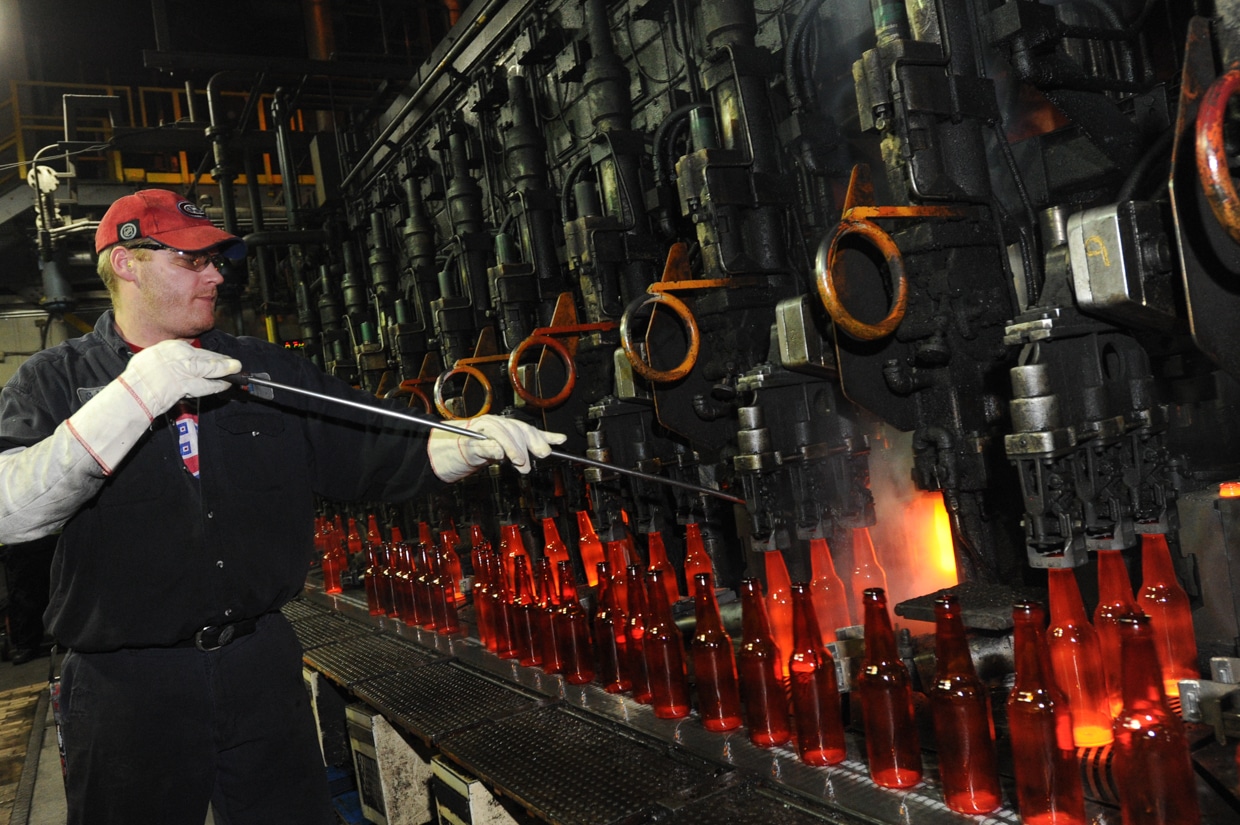
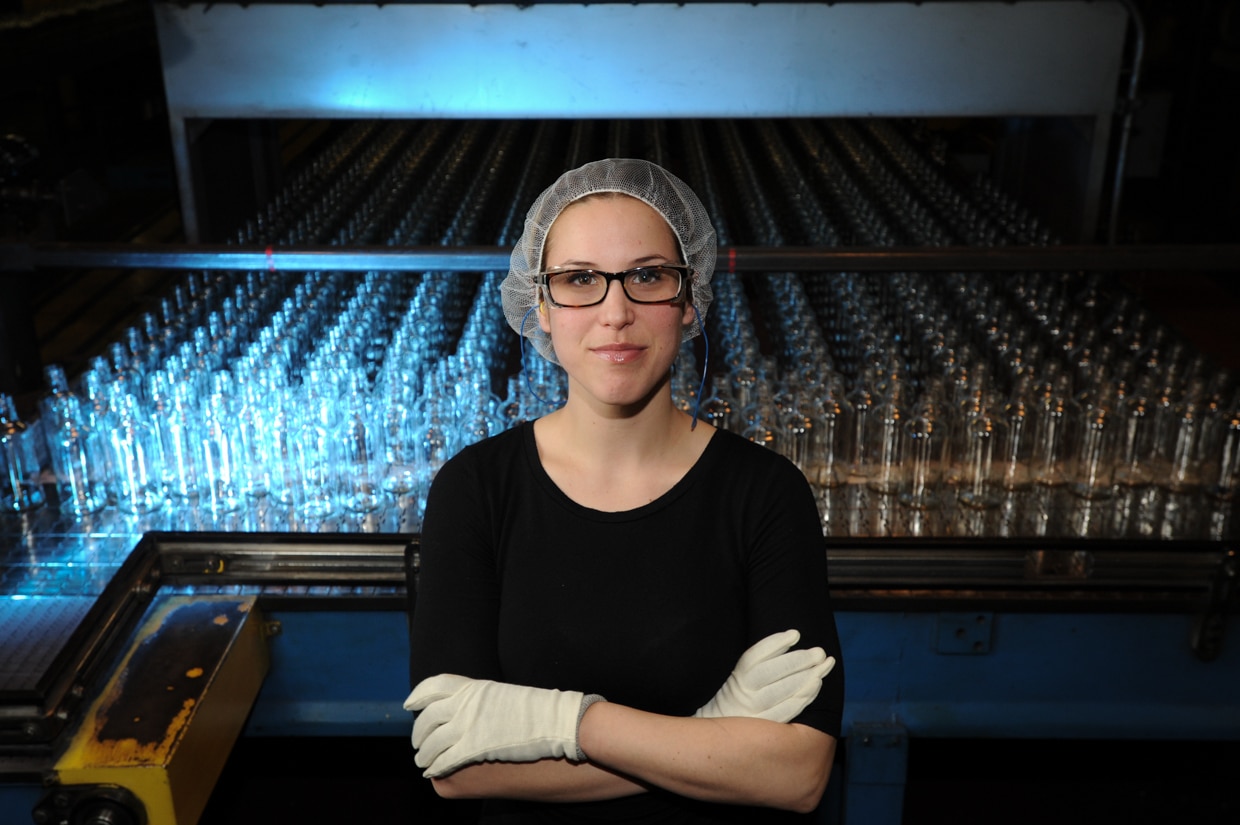
Ready to Make a Difference?
Join the USW members and experience the power of unity. Let’s negotiate better wages and working conditions, advance workplace safety and promote dignity and respect on the job, together.




